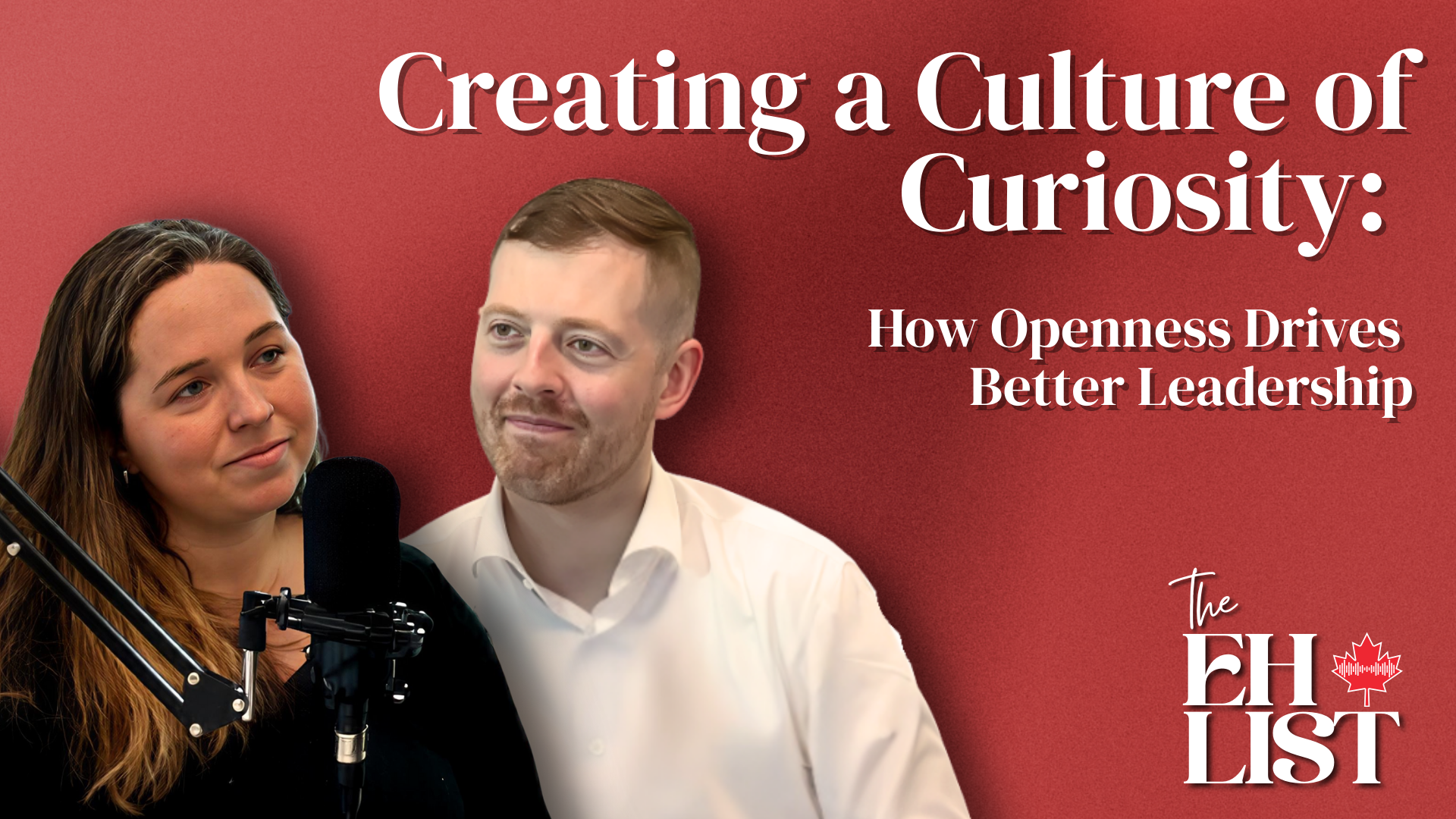Starting your entrepreneurial journey is an exciting and challenging endeavor. While building your business from the ground up can be thrillful, it’s crucial not to overlook securing your financial safety net.
As an entrepreneur, you are responsible for navigating through the uncertainties of life and the business world. This responsibility extends beyond just ensuring the success of your business, but involves protecting yourself, your family, and your employees against unforeseen circumstances that could derail your progress.
If you’re an early stage entrepreneur, a well-rounded financial package can offer peace of mind and stability. Let’s dive into three key components that every entrepreneur should consider integrating into their financial plan
Health Spending Account
Health Spending Account
A Health Spending Account (HSA) is a cornerstone of financial planning for entrepreneurs. It’s not merely a perk but a strategic investment in your health and well-being. So, what exactly is an HSA, and why is it crucial?
What Is a Health Spending Account?
An HSA allows for tax-free reimbursements for both the owner and employees, covering a wide range of health-related expenses. From medical consultations to prescription medications, the HSA ensures that essential health costs are taken care of without burdening your personal finances.
What Are The Advantages of a Health Spending Account?
Moreover, the beauty of an HSA lies in its tax advantages. Contributions made to the account are 100% tax deductible for the owner, while reimbursements to employees are 100% tax-free. By taking advantage of this break, you can reduce the overall amount of tax you pay and reinvest that money back into growing your business. This tax-efficient mechanism not only benefits your employees but also bolsters your bottom line as a business owner.
How Does a Health Spending Account Work?
So how exactly does an HSA work? Well, as mentioned in its name, the HSA is an account funded by the business owner monthly throughout the year. The employees and their families can spend the benefit on any Canada Revenue Agency (CRA) approved medical expense. If the employees do not spend their allocated budget, the owner can expect the remaining balance to be returned.
Personal Disability Insurance
Personal Disability Insurance
As an entrepreneur, your ability to work and generate income is your most valuable asset. That’s why considering Personal Disability Insurance is important.
What Is Personal Disability Insurance?
Disability insurance acts as a safety net, providing financial protection in the event that you’re unable to work due to illness or injury. For self-employed individuals, the need for such coverage is even more pronounced, as there are no employer-sponsored benefits to fall back on.
How Does Personal Disability Insurance Work For Entrepreneurs?
Here’s how disability insurance would work:
- You pay monthly fee according to your disability insurance plan
- In the event of illness or injury preventing you from working, you can submit a claim
- Once your claim is approved, you will receive a monthly, tax-free, relief that covers a percentage of your usual earnings
- This percentage is usually determined on how much coverage you choose
- Your payments will conclude once your benefit period is over or you return back to work
Why Should Entrepreneurs Consider Personal Disability Insurance?
Choosing the right disability insurance plan involves assessing your needs, understanding policy features, and ensuring adequate coverage. It serves as a future earnings protector, ensuring that you can maintain your standard of living and sustain your business even during periods of incapacity.
Just imagine you experience an unexpected illness or injury. Will you still be able to afford to pay your expenses, keep your business afloat, and support your family? Chances are that without disability insurance coverage, you will be stranded with nothing to fall back on.
Term Critical Illness Insurance
Term Critical Illness Insurance
Critical illness can strike anyone at any time, posing significant financial challenges. For entrepreneurs, the impact can be particularly profound, potentially jeopardizing the viability of your business. That’s where Term Critical Illness Insurance comes into play:
This type of insurance provides a tax-free payment to your company in the event of a serious illness. It can also extend coverage to key employees, fostering loyalty and stability within your workforce.
What’s The Difference Between Critical Illness and Personal Disability Insurance?
Differentiating between critical illness insurance and personal disability insurance is crucial. While disability insurance replaces lost income due to inability to work, critical illness insurance offers a one-time lump sum payment upon diagnosis of a covered condition.
What Are The Advantages of Term Critical Illness Insurance?
One of the key advantages of critical illness insurance is the flexibility it provides in utilizing the lump sum payment. Depending on your circumstances and priorities, you have the freedom to allocate the funds that best serve your needs. Here are a few examples of how you might choose to use the coverage amount:
Covering Private Treatment: In cases where specialized or alternative treatments are not covered by provincial health insurance, the lump sum payment can be used to access private medical care, including consultations, procedures, and therapies. This ensures that you have access to the best possible treatment options without having to worry about financial constraints.
Supplementing Lost Income: During the recovery period, you may experience a temporary or permanent loss of income due to your inability to work. The lump sum payment can help supplement your lost earnings, providing financial support to cover ongoing living expenses, mortgage or rent payments, and other financial obligations.
Safeguarding Savings and Investments: A critical illness diagnosis can have significant financial implications beyond just immediate medical expenses and lost income. It may impact your ability to contribute to savings and investment accounts, potentially jeopardizing your long-term financial goals. By using the lump sum payment to bolster your savings or investment portfolio, you can protect your financial future and maintain financial stability despite the challenges posed by illness.
Safeguard Your Entrepreneurial Journey
Laying the foundation for a well-rounded financial package is crucial for early stage entrepreneurs. From health spending accounts to personal disability and critical illness insurance, each component plays a vital role in safeguarding your business and financial well-being.
Your financial package is not set in stone. It will evolve and adapt alongside your business, reflecting your changing needs and priorities.
To help you kickstart this process and gain a clearer understanding of what your financial package should look like, book an online consultation meeting or contact our team at your convenience. Your success is our priority, and we’re here to support you every step of the way.







